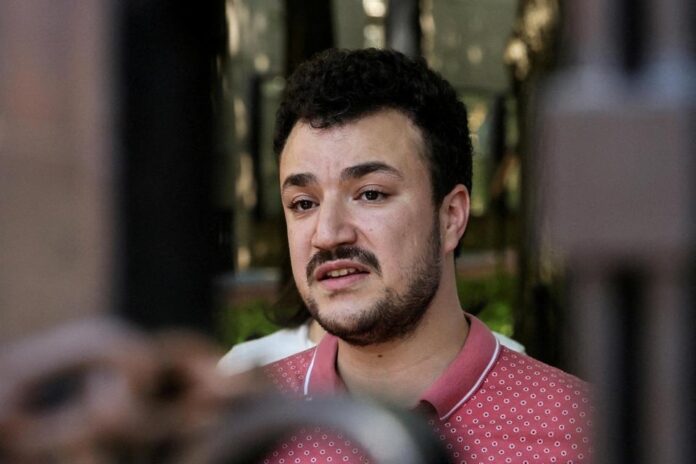In a stunning turn from the bench, a New Jersey federal judge ordered the immediate release of Mahmoud Khalil, a Columbia University graduate student, from immigration detention, calling his continued confinement “highly unusual” and raising constitutional alarms over its legitimacy.
The decision came down Friday in a packed courtroom, as U.S. District Judge Michael E. Farbiarz meticulously dismantled the rationale behind Khalil’s months-long detention in Louisiana. The judge, citing a “thick” and persuasive evidentiary record, concluded that Khalil poses no flight risk or danger to the public, directly challenging the narrative maintained by immigration authorities.
“Punishment Disguised as Procedure”
Farbiarz’s bench ruling didn’t just question the mechanics of the case—it pierced straight into the motives. “There is at least something to the underlying claim that there is an effort to use the immigration charge here to punish the petitioner,” the judge warned, “and of course, that would be unconstitutional.”
His comments imply a darker undertone in the federal government’s handling of Khalil’s case, raising red flags about potential misuse of immigration procedures to exact punitive measures—a strategy legal advocates say could have chilling implications if left unchecked.



